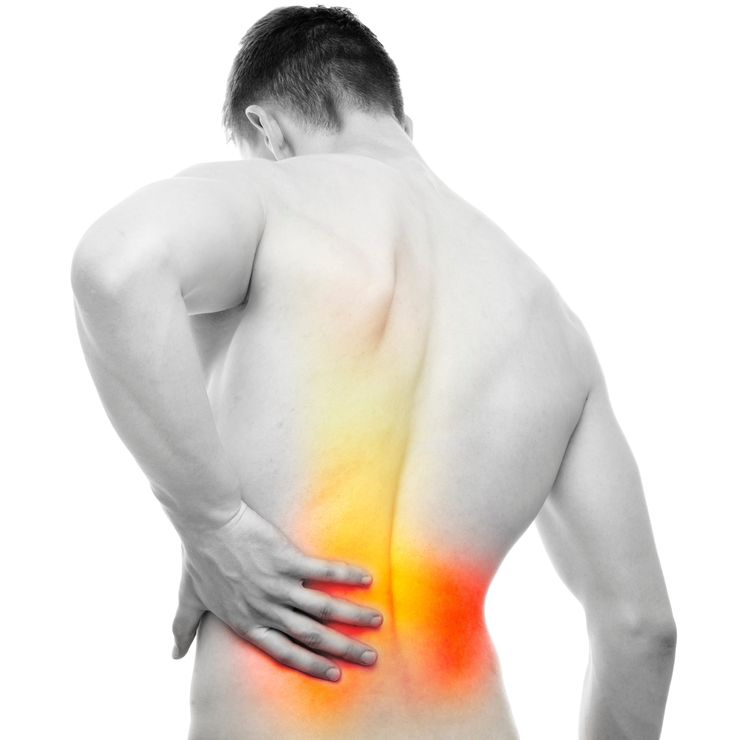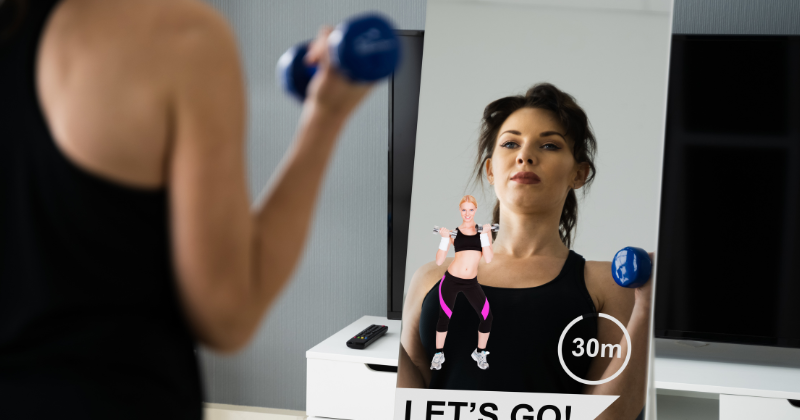Muscle strain without a direct injury can occur due to several reasons:
Overuse
Engaging in repetitive or prolonged activities without adequate rest can lead to muscle strain. Overuse can cause microscopic damage to muscle fibers, resulting in discomfort or pain.
Prosoma 350 is a Muscular relaxant, that is use to relieve the pain and suffering caused by muscular strains, sprains, and other forms of muscle injuries in combination with rest, physical therapy, and other treatments.
Poor Posture
Maintaining improper posture for extended periods, such as slouching while sitting or standing, can put strain on muscles and lead to discomfort or strain over time.
Prosoma 500 can then be use to decrease muscle strains. You can use the medication if you are suffering from muscular cramps or sprains. It is mostly used by players and sportspersons who engage in elevated stretching on a daily basis.
Muscle Imbalance
Muscle imbalances, where certain muscles are stronger or tighter than others, can increase the risk of strain. Weak or tight muscles may be more prone to injury during physical activity or daily movements.
Fatigue
Muscles that are fatigued due to inadequate rest or excessive physical exertion may be more susceptible to strain. Fatigued muscles are less able to support the body and may become strained during activity.
Sudden Movements
Abrupt or forceful movements, such as twisting or turning abruptly, can strain muscles even without a direct impact or injury.
Deconditioning
Lack of regular physical activity or exercise can lead to muscle weakness and reduced flexibility, increasing the risk of strain during daily activities or sudden movements.
Aging
As people age, muscles tend to lose strength, flexibility, and resilience, making them more susceptible to strain even during routine activities.
Inflammatory Conditions
Inflammatory conditions such as myositis or fibromyalgia can cause muscle pain or discomfort without an apparent injury.
Understanding the Causes of Muscle Strain
Muscle strain, also known as a pulled muscle, occurs when muscle fibers are overstretched or torn. Several factors can contribute to the development of muscle strains:
Physical Overexertion: Engaging in activities that involve sudden or repetitive movements, heavy lifting, or intense physical exertion without proper warm-up or conditioning can strain muscles.
Poor Warm-up or Stretching: Failure to warm up adequately before physical activity or skipping stretching exercises can increase the risk of muscle strain. Warm-up activities help prepare the muscles for exertion by increasing blood flow and flexibility.
Muscle Fatigue: Fatigued muscles are more prone to strain as they may lack the strength and support needed to withstand physical stress. Overtraining, inadequate rest periods, or engaging in activities beyond one’s physical capacity can lead to muscle fatigue.
Muscle Imbalance: Muscle imbalances occur when certain muscles are stronger or tighter than others. Weak or tight muscles may be more susceptible to strain during physical activity, as they cannot adequately support the body or perform their function.
Poor Posture: Maintaining improper posture for extended periods, such as slouching while sitting or standing, can lead to muscle strain. Poor posture places excessive stress on certain muscles, leading to overuse and discomfort.
Sudden Movements: Abrupt or forceful movements, such as twisting, turning, or lifting heavy objects, can strain muscles, particularly if the muscles are not adequately prepared or conditioned for the movement.
Previous Injury: Muscles that have been previously injured or weakened are more susceptible to strain. Scar tissue or reduced flexibility resulting from previous injuries can increase the risk of muscle strain during physical activity.
Age: As people age, muscles tend to lose strength, flexibility, and resilience, making them more susceptible to strain. Age-related changes in muscle tissue and decreased elasticity can increase the risk of injury during physical activity.
Dehydration: Inadequate hydration can impair muscle function and increase the risk of cramps and muscle strains, particularly during strenuous physical activity or in hot environments.
It’s essential to listen to your body and avoid overexertion, maintain good posture, incorporate rest and recovery periods into your routine, and engage in regular exercise to strengthen muscles and improve flexibility. If you experience persistent muscle strain or discomfort, it’s advisable to consult a healthcare professional for evaluation and appropriate management.







